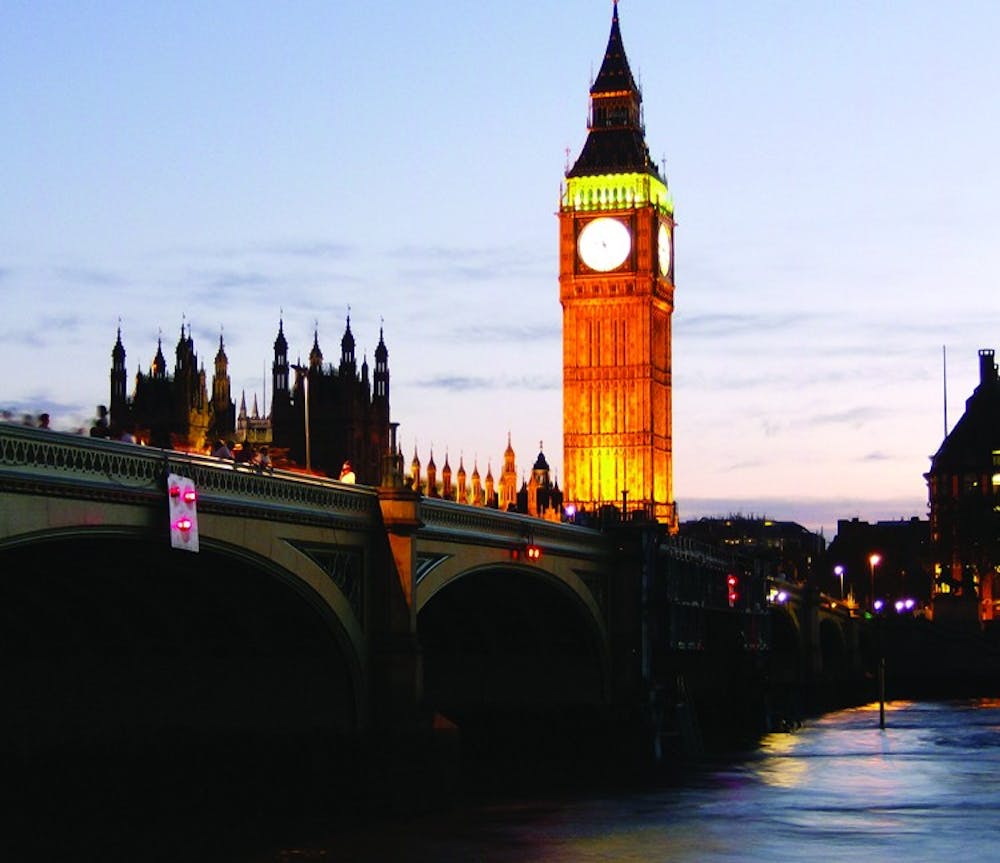Though it has been statistically proven that traveling and living in any foreign country — be it Sweden or somewhere in the middle of the Sahara — will raise confidence levels, global perspective and even self-esteem, all study abroad programs are not created equal.
So when a friend from home reached out to me recently about where he should choose to study abroad the coming fall semester, the first thing I asked him was what he wanted to get out of the experience.
Study abroad generalizations are abundant. Want a humbling experience? Go to Africa or India. Looking to see breathtaking nature? Head to Australia or South America. Want a demanding academic experience? Apply to Oxford. Want to avoid the libraries of Europe and work on your language skills instead? Investigate programs in Italy or Spain.
Granted, these are sweeping generalizations, and relatively speaking you have the power to shape your abroad experience wherever you are. Yet the fact that these stereotypes are so prevalent and to some extent truthful, seems problematic.
Can one study abroad program have it all — difficult academics, interactions with cultures and communities drastically different from those in the United States and amazing nightlife? And why does there have to be a definite choice between priorities?
My year at the London School of Economics has been the most academically challenging year I’ve ever had. Beyond the transition to the British academic system, the level of work expected at the LSE, volume of required and supplementary reading and advanced discourse in my classes have been a refreshing and rewarding change of pace from previous years.
I have been intellectually stimulated without a doubt. The way I approach papers, participate in classes and do reading (just the fact that I now always do the reading) have drastically improved.
Despite this, the LSE is also undoubtedly an epicenter of privilege. Though the cosmopolitan nature and high levels of self-assuredness of its students and faculty are impressive, it can also be frustrating.
The LSE may boast about being one of the most international universities in the world with an incredibly diverse student body, but the diversity is largely geographic and not socioeconomic.
Recently when discussing travel plans, a friend began telling me how worried he was about his trip to Greece in April. “I’m concerned that it might only be 65 degrees when I’m there,” he said, legitimately upset. Seriously?
I also overheard another student commenting on how his connections to all the posh London nightclubs and free exclusive club services “have just been exhausting lately.” Again, I struggled to have much sympathy.
Meanwhile a continent away, friends in Ghana and Kenya interact with native tribes who exist for over a week on less money than what my LSE classmates spend on lunch.
So while my academic experiences have been amazing, I can’t help feeling like something is missing. Maybe it’s humility, maybe it’s just an occasional, more down-to-earth interaction.
Perhaps it’s true: You always want what you can’t have. Well, for the last four months of my study abroad experience, I’m vowing to strive to have it all. I want to see and experience the “real London” not just the best of London. I’m going to get involved volunteering in city homeless shelters and tutoring students who live outside of London.
A friend who tutors in North London put it perfectly when she said, “To the 9 year olds I tutor in reading, whose families can’t pay their rent and are being evicted from their shabby apartments next to the prison, whether or not 16 LSE alumni have won Nobel Prizes really doesn’t matter.”
A good lesson for LSE classmates: An ounce of modesty could have pounds of effect.
ostitilis@theeagleonline.com





